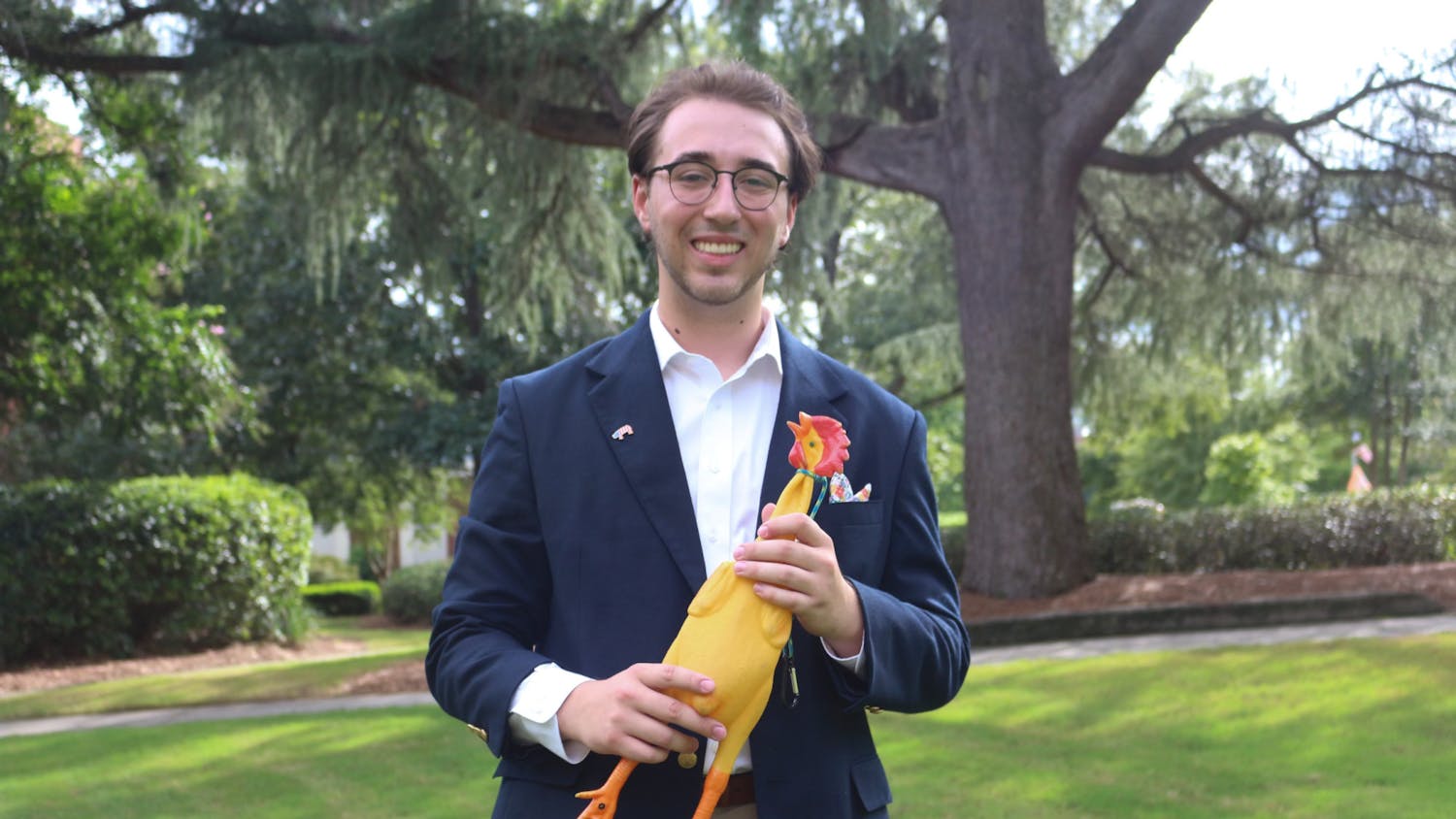Dear editors,
Mary Kathryn Wiley’s response to Clarissa Ashley Price’s article on the limited resources available on campus to women in crisis pregnancies calls for some clarification.
While Ms. Wiley is an excellent writer (I’ve enjoyed reading her papers in more than one of my classes!), I’ve been studying this issue for over two decades (teaching a capstone class on abortion, euthanasia, and capital punishment) and feel the need to respond.
Ms. Wiley states that “Planned Parenthood does not push a specific agenda.” It is true that Planned Parenthood provides an abundance of information on family planning, women’s health, and contraception methods.
However, when we reflect on the fact that Planned Parenthood is the largest abortion provider in the world and that abortion is a multi-million-dollar industry, it is obvious that this organization has a vested interest in creating a market for those services.
With this in mind, it is difficult to defend Ms. Wiley’s assertion about Planned Parenthood’s not pushing an agenda.
Ms. Wiley also states that “contraception can be used effectively every time a person chooses to have intercourse.”
This statement is significantly misleading at the very least when one notes that contraceptive failure rates go from 8% for the pill to 15% for condoms to 29% for spermicides, just to cite a few (http://www.contracept.org/risks.php).
Speaking of the morning-after pill, Ms. Wiley further comments that “emergency contraception prevents pregnancy; it does not end it.” Plan B and Next Choice do not technically end pregnancy, since they dispose of the fertilized egg before it implants in the uterine wall (which is the event that signals all the hormonal changes of pregnancy). However, pregnancy is not the primary issue here. In fact, calling the morning-after pill a contraceptive method is inaccurate. A contraceptive method is one that actually prevents fertilization of the egg.
Once the egg is fertilized, an individual human life has begun. This is incontrovertible biological fact. At what stage of development in the womb it should be referred to as a person deserving legal protection is another question, but it is not a part of the mother’s body, it is genetically complete, and within twenty-one days there is a beating heart.
Finally, I wish to address Ms. Wiley’s assertion that “pregnancy is a medical issue and should be addressed in a medical facility.”
While medical advice is certainly one of the needs of a woman in a crisis pregnancy, it is not the only—indeed not the most essential—of her needs. The decision to end a pregnancy by elective abortion is profoundly weighty. An abortion always ends a human life. At best, when the mother’s life is endangered, abortion can be considered a necessary evil.
Because we have a generation who has never known elective abortion to be illegal, it is urgently important that young people be fully educated on the options available in a crisis pregnancy and the consequences incurred by artificially ending a pregnancy.
I sincerely hope we can continue, in the pages of the Cluster as well as in various other contexts, to sustain a lively and respectful dialogue on issues of the significance of abortion. The community of faith and learning that Mercer aspires to be draws its breath from such exchanges.
-John Marson Dunaway, Professor of French & Interdisciplinary Studies, Director of Mercer Commons




